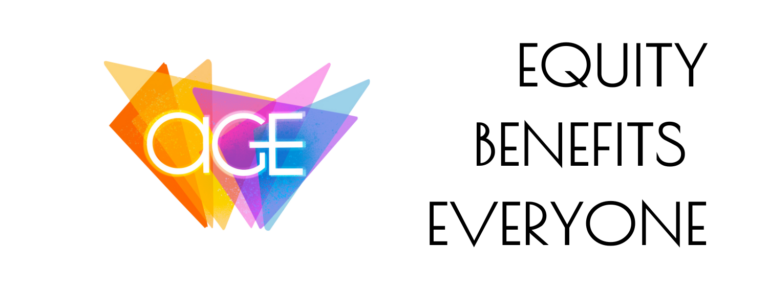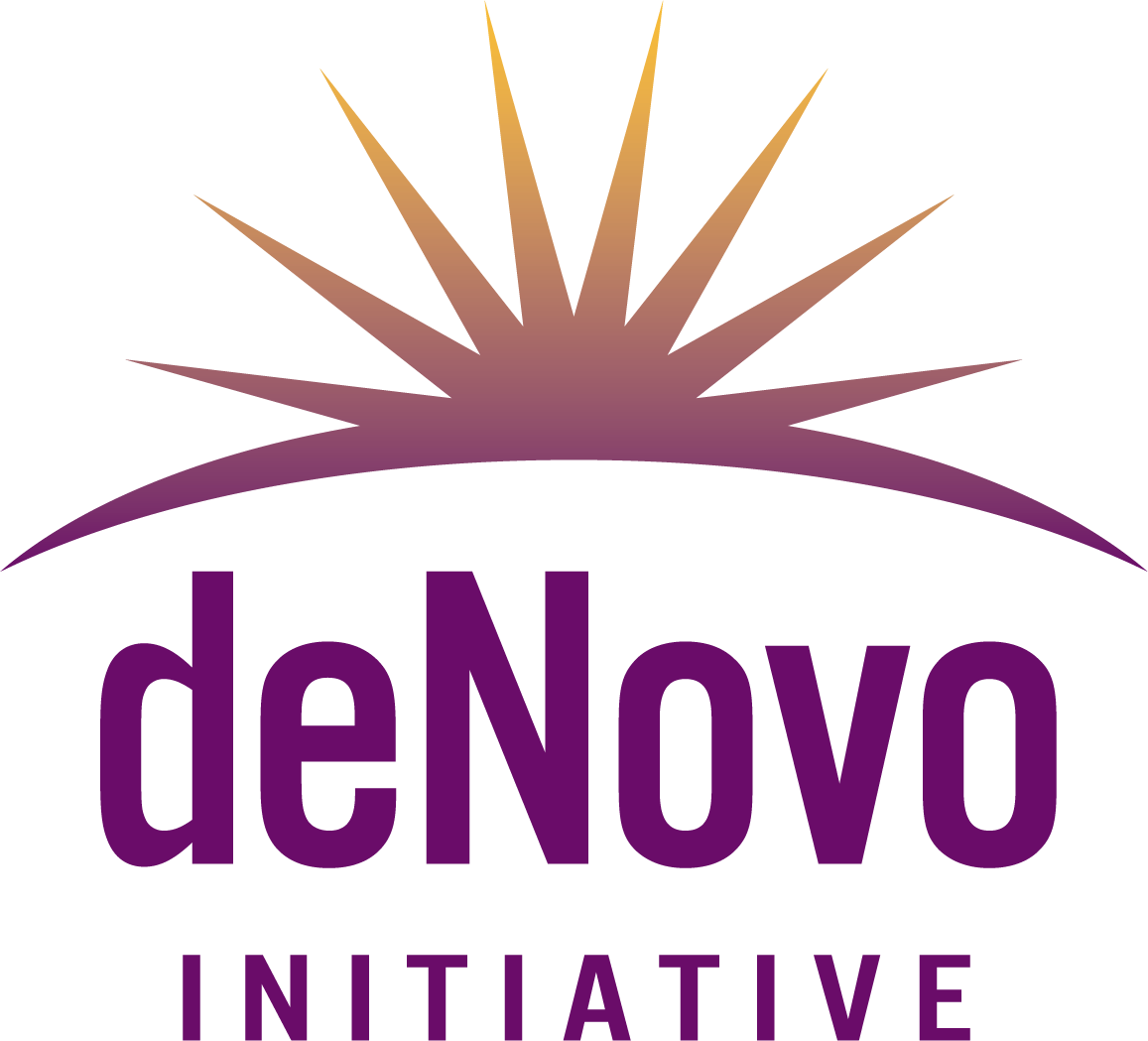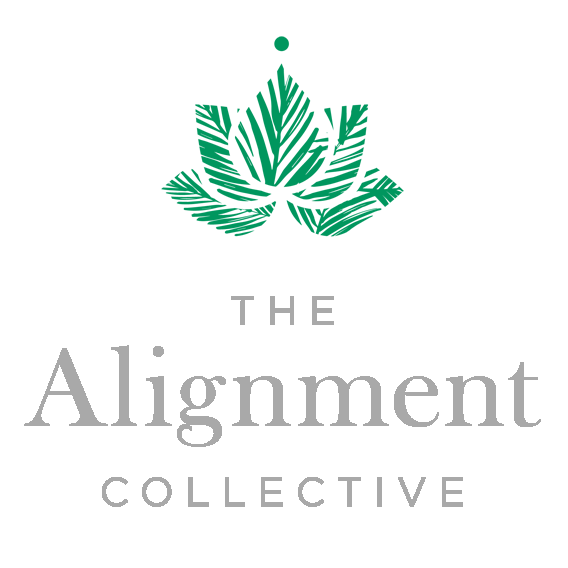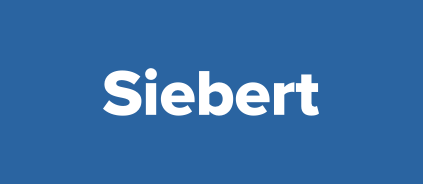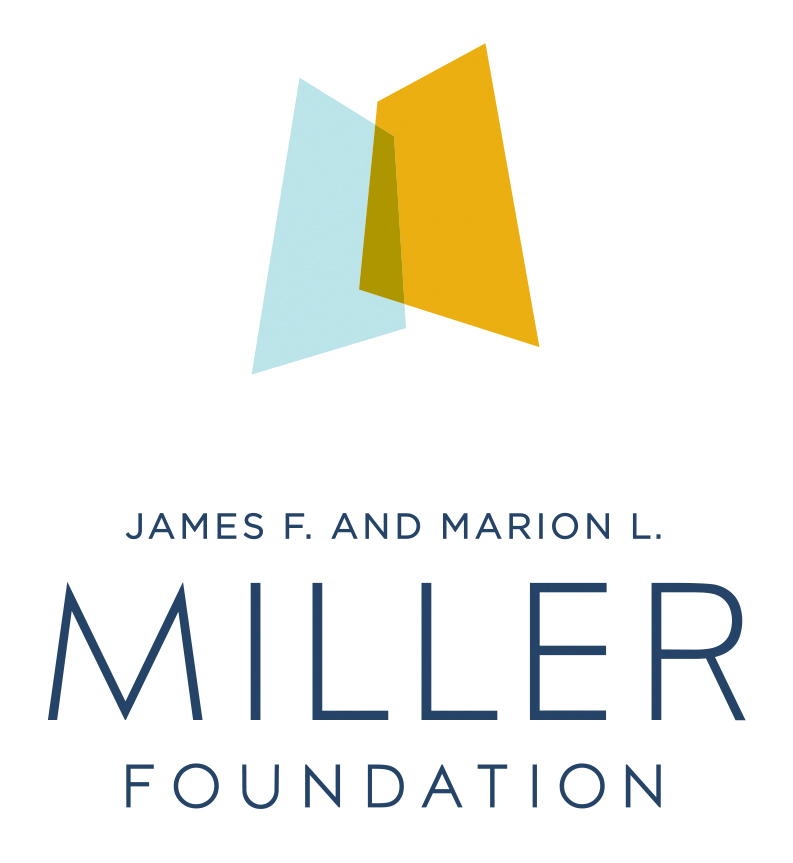Our Mission
Investing in theatremakers who have historically been denied opportunities because of gender, race, or age.
Our mission is to invest in theatremakers who have been denied opportunities because of gender, race, or age. For AGE, embedded in the definition of equity is the creation and maintenance of environments where all people have opportunities and resources to achieve their full potential and thrive.
We aim to create a more equitable and sustainable arts culture; one that upholds shared and balanced power, prioritizes safety and wellbeing, and is inclusive and representative of all people. We will achieve this by:
- Investing our resources in artists who have been systemically underserved, underrepresented and under resourced, advancing their power and visibility
- Providing programs that amplify the resilience of and promote prosperity for artists of marginalized genders, recognizing that safety and well-being are cornerstones for equity
- Leading with intentionality and action to challenge misogyny, racism, bigotry, ageism, ableism and other barriers to equity
Community Partners
Thank you to all our funders/investors who generously support Advance Gender Equity in the Arts (AGE). Together we strengthen the arts through our mission to advance the power and visibility of all women and nonbinary artists.
AGE Visionaries
Ronni Lacroute
Jayne Lovell
Stephanie Courtney
Cynthia Fellows
Dayna Corwin
AGE EQUITY STATEMENT
AGE recognizes that unconscious bias is deeply rooted in the fabric of our society. It fuels the systems that limit access, resources, representation, and shared power to persons based on but not limited to gender, age, race, ethnicity, socio-economic status, gender identity, sexual orientation, and disability status.
Equity requires introspective exploration and analysis, external review and assessment, and ongoing training, collaboration, and evaluation. Equity requires raising awareness of unconscious bias. Equity can only be achieved by making space for underrepresented groups in leadership and challenging the dominant paradigm that determines how we center privilege. Equity demands a new cultural shift that is structural and sustainable.
AGE was founded on equity and inclusion principles. AGE is committed to maintaining a Board, staff, and volunteer base that represents the people we serve, as well as curating our programs and events through an equity lens.
AGE Work Culture
For our work at AGE to be truthful to our mission, we must live the ethos of our vision: creating an environment in which everyone, including the artists we work with and the AGE team and board, has the opportunity and resources to achieve their full potential.
Shared Power. Safety. Trust. Well-being.Joy.
Shared power is a concept that has no blueprint. It does not mean the absence of hierarchy as defined by responsibility, accountability and compensation for roles within the organization. Shared power is the intentional regard for the worth, dignity and input of others, regardless of their role in the organization.
Safety is paramount. Safety increases when we are mindful of the ever present harm that is inherent in every space because of unconscious bias. Safety, like equity, is not a final destination. It is a process that requires the full engagement of everyone on behalf of their own well-being and the well-being of others. This includes but is not limited to making space for those who have been marginalized: To allow those who are most underrepresented to have priority in speaking; to honor the ancestors of Indigenous people and Black people; to recognize holidays and events that are not necessarily valued or dignified by colonialism and white patriarchal supremacy. Safety means action rather than rhetoric. Statements about equity and workplace safety are meaningless if the power and leadership within the organization doesn’t represent those communities who have been systematically marginalized, oppressed, and kept out of the power structures that govern an organization.
Trust is the fruit of our efforts to be in a healthy relationship with ourselves and each other. Trust requires communication. Conflicts of interest are an opportunity for communication and collaboration, rather than an insurmountable obstacle. Conflicts, miscommunication,and harm are inevitable because we are human. Trust is the tool that allows us to work through our humanity and become better. Trust must be earned and always honed.
Well-being: AGE is committed to support the well-being of everyone associated with the organization, including staff, contractors, volunteers, and program participants. We will provide resources when we are able. Work hours will be reasonable and expectations will be clearly communicated. Time away from work is as important as time at work.
We will not pathologize health but rather amplify wellness. Mental health and physical health have parity. We advocate for work-life balance. Whenever possible, we are prescriptive in meeting the specific needs of our Team. People should not be forced to choose between their career goals and caregiving. Nor should people be forced to choose between their career goals and well-being. AGE recognizes that resources are limited. However, we will not let the needs of the organization bring harm to the people within the organization. People must be adequately, fairly, and equitably compensated. If we can’t do this, then we don’t move forward until we can. AGE believes that the people within our organization are stewards of the planet. Their needs transcend the needs of the organization. When we invest in the well-being of our people, we invest in the planet.
Joy is an internal manifestation of harmony between self and others. Joy is not the same as happy. Happy is more time specific and situational. Happy is fleeting, momentary, and externally driven.. Joy is the natural flow of gratitude and contentment that occurs when the self is not dominated by toxic energy, oppression, trauma, and conflict. Our work must be joyful.
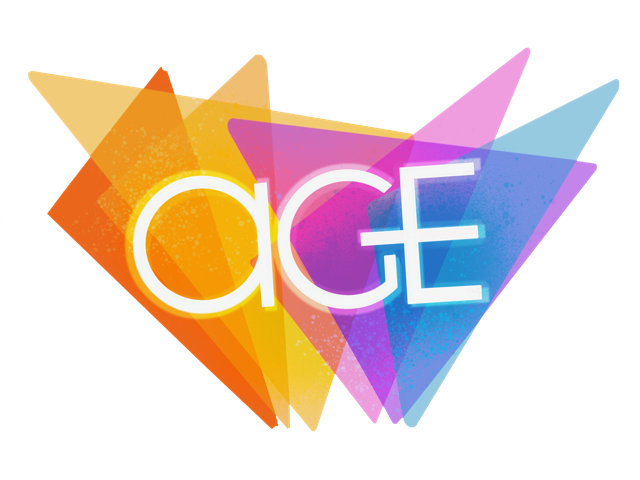
- Address:
- AGE in the Arts
- PO Box 10532
- Portland, OR 97296
- Email: info@ageinthearts.org
- Phone: (503)-482-8626
© Copyright 2022 AGE in the Arts
